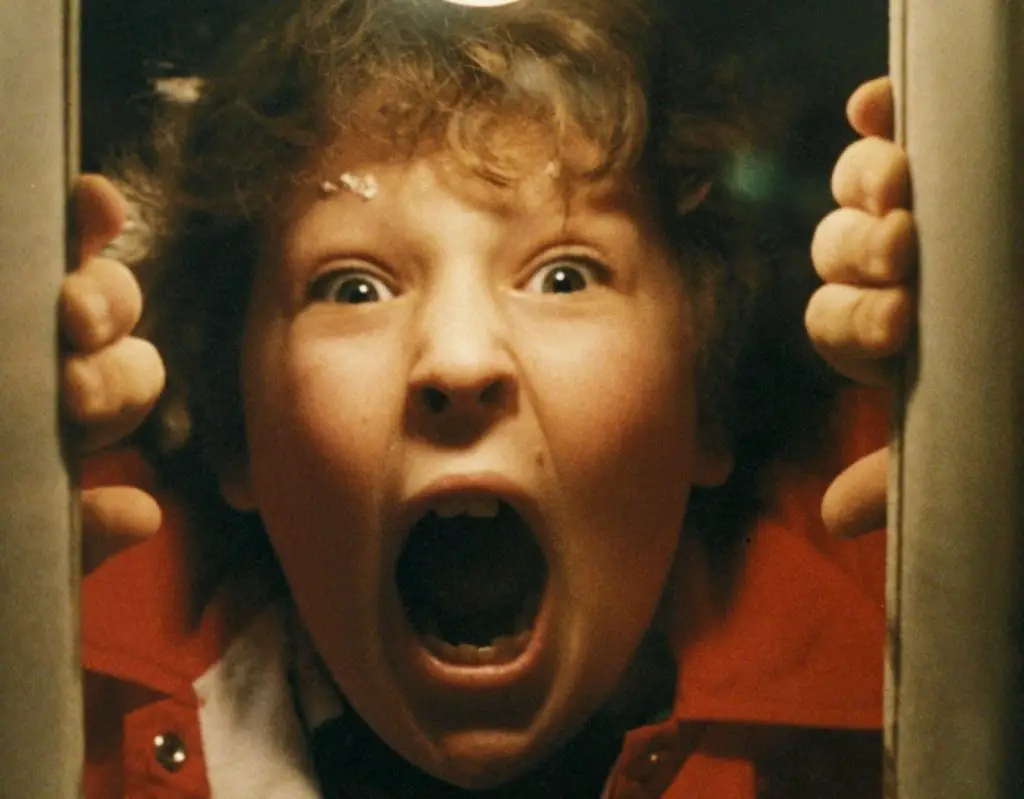
“Quitting” opens with people on the streets of Beijing discussing Jia Hongsheng, who is – or was – one of China’s busiest young movie stars. Intercut with clips from Jia’s work, one person opines, “He was hot in the early ’90s.” Another shrugs, “I heard he died from an overdose.” The first statement is true, and the second could have been.
“Quitting” concerns Jia’s struggle to free himself of heroin, with his family’s help. What makes the film special is not only the fact that Jia plays himself, but that his family – father Jia Fengsen, mother Chai Xiuling, and sister Shun Xing – all play themselves as well. Picture Charlie Sheen or Bridget Fonda laying themselves bare this way; such is the fearless honesty of “Quitting.” At times the film does play like an extended therapy session, and it offers few revelations about the nature of drug addiction. Indeed, we learn almost nothing about what exactly troubles Jia Hongsheng so deeply, what drove him into his drug hell. (Then again, his demons probably look much the same those of Kurt Cobain, Robert Downey Jr. or any other well-known heroin addict.)
Director Zhang Yang (“Shower”) initially proposes to Jia a stage play about his experiences. The resulting film presents the story as kitchen-sink reality, but occasionally pulls back to reveal that we are in fact viewing a stage play, though the sets are realistic enough to fool the eye. Either way, once Jia’s parents come to Beijing, move into his hovel of an apartment and start in on the tough love, “Quitting” offers piercing domestic drama with spikes of sly humor. At one point, the Beatles-obsessed Jia says heroin makes him “feel just like Lennon’s son,” a reference to the Velvet Underground’s “Heroin” and its line about “Jesus’ son.” (Does this mean that Lennon finally is bigger than Jesus?) Another memorable scene has Jia repeatedly kicking his own face on a TV screen, then walking to the wall and beating his head against a poster of Lennon.
“Quitting” is particularly wrenching in its depiction of the father-son relationship between Fengsen and Hongsheng. The fact that they really are father and son, really went through this nightmare together, and survived to reenact it in such a public manner is all the praise this unique film needs.
